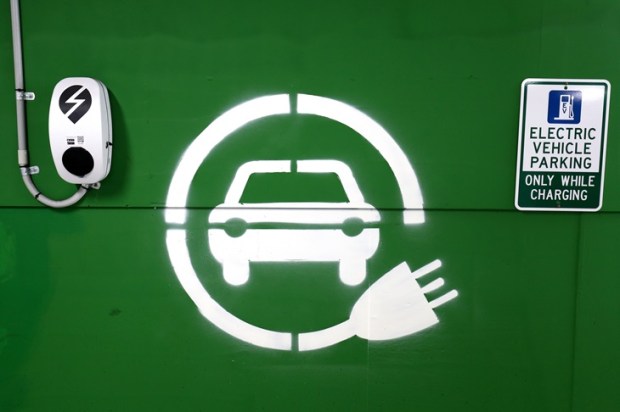If you’re a political enthusiast who hasn’t been living under a rock over the past decade, there’s a strong likelihood you’ve stumbled upon the concept of the ‘managerialist’ or ‘managerial class’. But what does this actually mean?
Managerialism is a term first coined by American philosopher James Burnham in 1941 through the release of his book The Managerial Revolution, in which he prophesied the rise of a new class of managers to replace the entrepreneurial capitalists of the 19th Century.
Burnham essentially envisaged a society in which state control of enterprise is concealed from the public eye by the installation of a...
Already a subscriber? Log in
Subscribe for just $2 a week
Try a month of The Spectator Australia absolutely free and without commitment. Not only that but – if you choose to continue – you’ll pay just $2 a week for your first year.
- Unlimited access to spectator.com.au and app
- The weekly edition on the Spectator Australia app
- Spectator podcasts and newsletters
- Full access to spectator.co.uk


























Comments
Don't miss out
Join the conversation with other Spectator Australia readers. Subscribe to leave a comment.
SUBSCRIBEAlready a subscriber? Log in